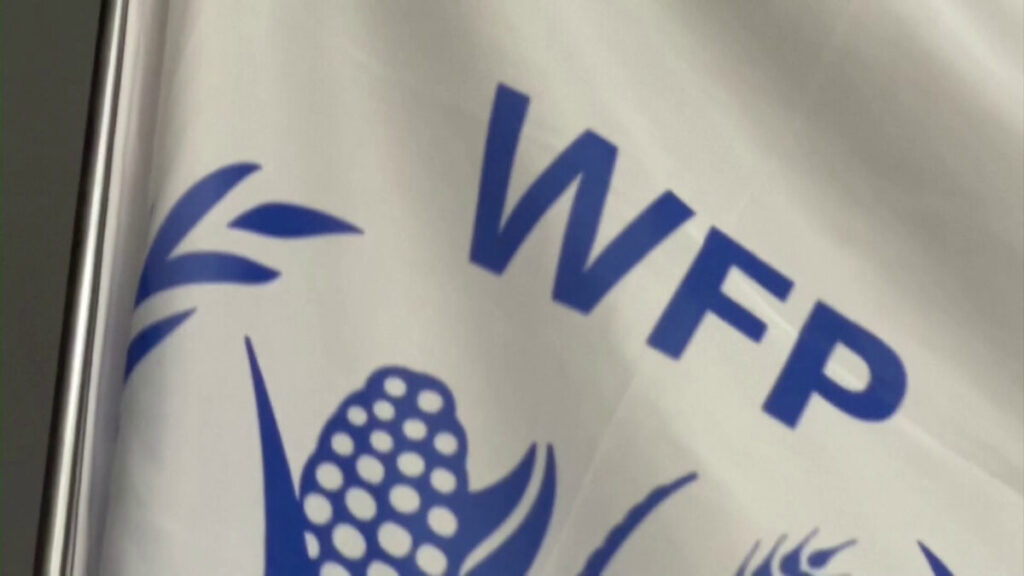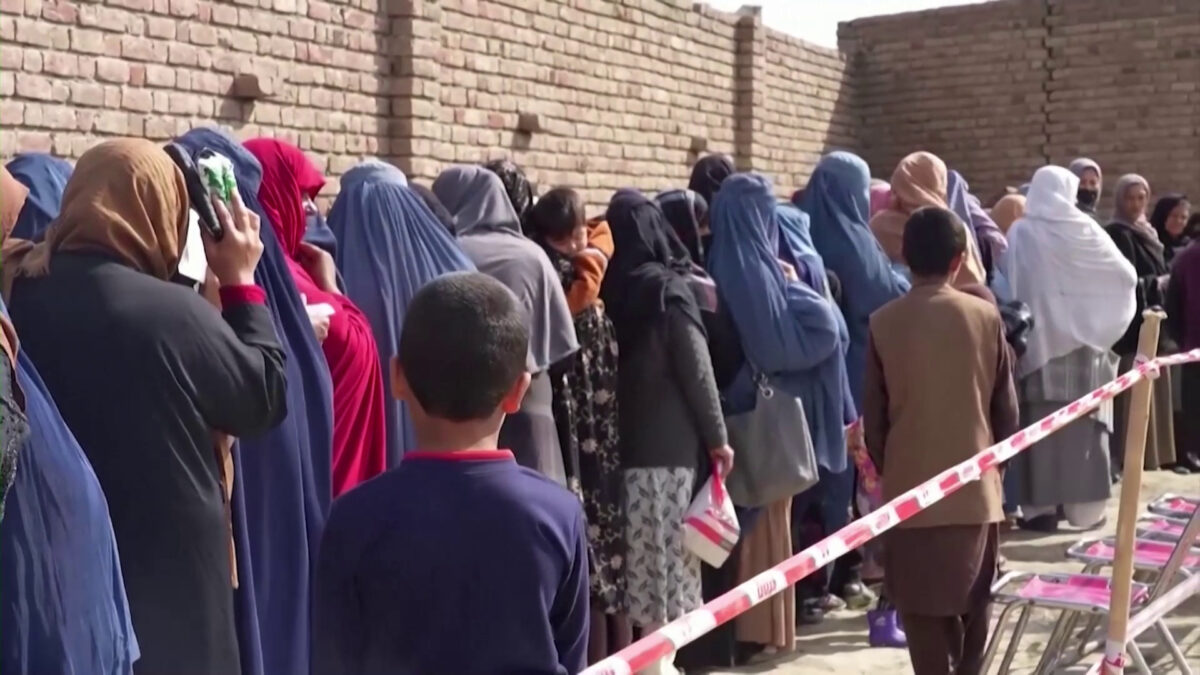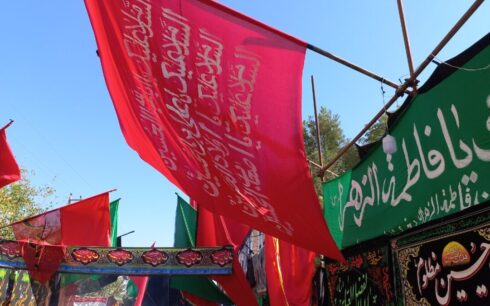The World Food Program (WFP) says it has been forced to cut aid to eight million individuals in Afghanistan due to insufficient funds.
In a tweet on Monday, the WFP office in Afghanistan emphasized that it serves as a vital lifeline for vulnerable families, including widows and households led by women. However, due to the lack of funding, the organization had to reduce rations and remove eight million people from its assistance programs this year. Urgently requiring $1 billion to sustain its operations, the WFP appealed for immediate support.
The WFP’s annual report for 2022 underscored the significance of the organization’s aid in Afghanistan and Somalia, as it helped prevent famine and saved lives.
Seven-year-old Fazel, who supports a ten-member family in Kabul, spoke of his struggle to find bread and endure poverty.
“I am in the first year at school and we are 10 people in the family,” Fazel said.
Meanwhile, some residents of Kabul expressed dissatisfaction with aid organizations, feeling that they have not adequately benefited from the assistance provided.
“I am working with a cart for the past four years. We are eight people in the family. I barely earn 300 Afs a day which is not sufficient,” said Dadullah, a Kabul resident.

In a separate report, the WFP highlighted the relatively stable prices of major commodities in Afghanistan during the first week of July 2023, except for a certain rice, commonly consumed in northern provinces. However, rice, sugar, and pulses continue to be significantly more expensive than the three-year average.
Sugar prices, which have been on the rise for the past 13 weeks, experienced a slight decline in the second and third weeks of June but have since shown negligible increases due to heightened demand during the Eid festival. The current sugar prices remain 29% higher than the three-year average.
There has been a slight improvement in the purchasing power of unskilled casual laborers and livestock keepers, with a 1% increase for casual laborers and a 0.3% increase for livestock keepers, attributed to decreased wheat prices compared to the previous week. The Terms of Trade (ToT) for livestock keepers and unskilled laborers in relation to wheat have also demonstrated significant improvement compared to last year and the three-year average.
The value of the Afghani currency against the US Dollar has experienced slight depreciation primarily due to daily price fluctuations, currently standing below its three-year average.
While the average market prices of basic food commodities decreased during the review period, certain provinces witnessed price increases. Wheat and wheat flour prices in Bamyan, Kunduz, and Zabul rose by 7% each, driven by heightened demand. In Kabul, there was a 4% increase in the prices of pulses and sugar.
Notably, sugar prices saw significant increases in Bamyan, Farah, Khost, Hilmand, Zabul, and Kabul, with respective increments of 8%, 8%, 6%, 5%, 4%, and 4%. This surge in prices can be attributed to a global sugar shortage.
In Kabul, several shopkeepers have noted a significant decline in people’s purchasing power compared to the past.
“The prices for flour, ghee and rice are increasing like dollars. The prices are announced on a website,” said Asim Ali, a shopkeeper in Kabul.
In terms of casual laborers, there have been slight improvements in the nominal and real Terms of Trade (ToT) in relation to wheat compared to the previous week. The nominal casual labor/wheat ToT has improved by 1%, indicating a 65% enhancement from last year. Real casual labor/wheat ToT has experienced a 2% increase compared to the previous week, driven by declining wheat prices.
Diesel prices in Afghanistan have remained stable this week, maintaining the declining trend that began in the third week of January 2023. However, diesel prices are still 6% higher than the three-year average.
It is worth noting that the global average price for diesel is $1.20 per liter, but prices vary across countries due to different taxes and retail pricing. For example, diesel in Iran costs 3000 Iranian Rial (0.006 USD/Ltr), while in Turkmenistan, it is priced at 1.35 Turkmenistan Manat (0.385 USD/Ltr).
These developments in food prices and currency depreciation continue to pose significant challenges for Afghanistan. The World Food Program remains vigilant in monitoring the situation closely, as efforts persist to address the impact on vulnerable groups, including casual laborers and livestock keepers.





